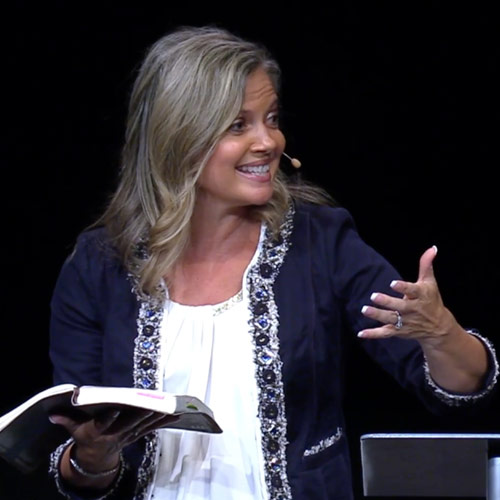A Little Salt, Please?
“You are the salt of the earth. But if the salt loses its saltiness, how can it be made salty again? It is no longer good for anything, except to be thrown out and trampled underfoot.” Matthew 5:13
I’ve always been a little adventurous. So it didn’t surprise my parents when I decided to study abroad in the fall of my junior year.
I’m sure they had concerns, but they graciously gave me their blessing. And this country girl from a two-traffic-light town crossed the ocean to spend four months in Spain’s third largest city, studying at the University of Valencia.
I have to admit, it was one of the best times of my life before I met Jesus.
I completely loved immersing myself in another culture. And a whole new world opened up to me, one with public buses, taxis and trains. Before I left the continent, I had never used any kind of public transportation.
I saved up some money to buy a Eur-rail pass, which allowed me to travel by train all throughout Europe. Almost every weekend my roommate and I—a Virginian who I met for the first time when I landed in Spain—boarded a train for a new destination. Sometimes we explored other Spanish towns, but sometimes our trips took us beyond Spain’s borders. One of my favorites landed me in Florence, Italy.
Those close to me know that other than Jesus, little excites me more than enjoying good food. Nothing beats an evening with family, good friends and a great meal.
I could hardly wait for my first taste of authentic Italian cuisine.
I remember sitting in the restaurant with my roommate and some friends of hers studying in Florence who had graciously allowed us to camp out on their floor during our brief stay in Italy. (Not glamorous, I know, but it beat the $15 hostals we usually stayed in.) We ordered our food, and the waitress brought out bread to munch on while we waited for our plates to arrive.
I was excited about the bread. I mean, who doesn’t love Italian bread? I broke off a piece from the warm loaf and popped it into my mouth with anticipation. My first Italian food on Italian soil!
Let’s just say, it was less than satisfying.
I was shocked. My friend and I looked at each other, wondering if the other was experiencing the same thing. We were. Whatever I was chewing didn’t taste like any bread I’d ever eaten. Actually, it didn’t taste like anything.
Our hosts saw our confusion and quickly explained. “They don’t use salt in the bread here.”
I had no idea how much salt brought out the flavor of a food. Without the salt, that bread was nothing special. It looked great and had a wonderful texture, but it had no appealing flavor. I was happy to leave it in the basket and look elsewhere for something a bit more satisfying to the taste buds.
Listen, dear one.
“You are the salt of the earth.” Matthew 5:13
Jesus has called you and I to preserve and season the earth with His Truth. I wonder if people are looking elsewhere for satisfaction because the bread we’re offering is missing the salt.
I speak from experience. I spent a good bit of my life trying to fit in. I wanted to be like everyone else. Somehow I actually believed blending into the world would make people see something good in me. Crazy, right? Trying to act like everyone else just made me ordinary. Bland. Nothing special. Easy to walk away from in search of something better. Bread without salt.
Then I met Jesus. He showed me who He saw in me, and I chose to believe Him.
I determined that I would live His way, by His Truth. I stopped just calling myself a Christian and decided to actually follow Jesus. I chose to live in His presence and spend time in His Word. I determined to embrace His values as my own; His instruction became my guide. I emerged a disciple instead of a church attendee.
And that changed everything.
Because people that used to pass right by my bland bread suddenly discovered something different that drew them to me. They didn’t recognize what it was at first, but I did. It was salt. They saw Jesus revealing Himself as His Word came alive in me.
You see, salt has another effect on people. It makes them thirst. And that thirst draws them to the Living Water.
Without the salt, beloved, you and I are just bland, unappetizing bread. We have no impact for Christ’s kingdom. We’re just ordinary, easily exchanged for a more satisfying alternative.
The hurting world doesn't need any more bland bread. It needs the incomparable Bread of Life.
Will you allow Jesus to make you different, dear one? Will you allow Him to season you with His salt?
It’s worth the risk, beloved. Ordinary is way over-rated.



